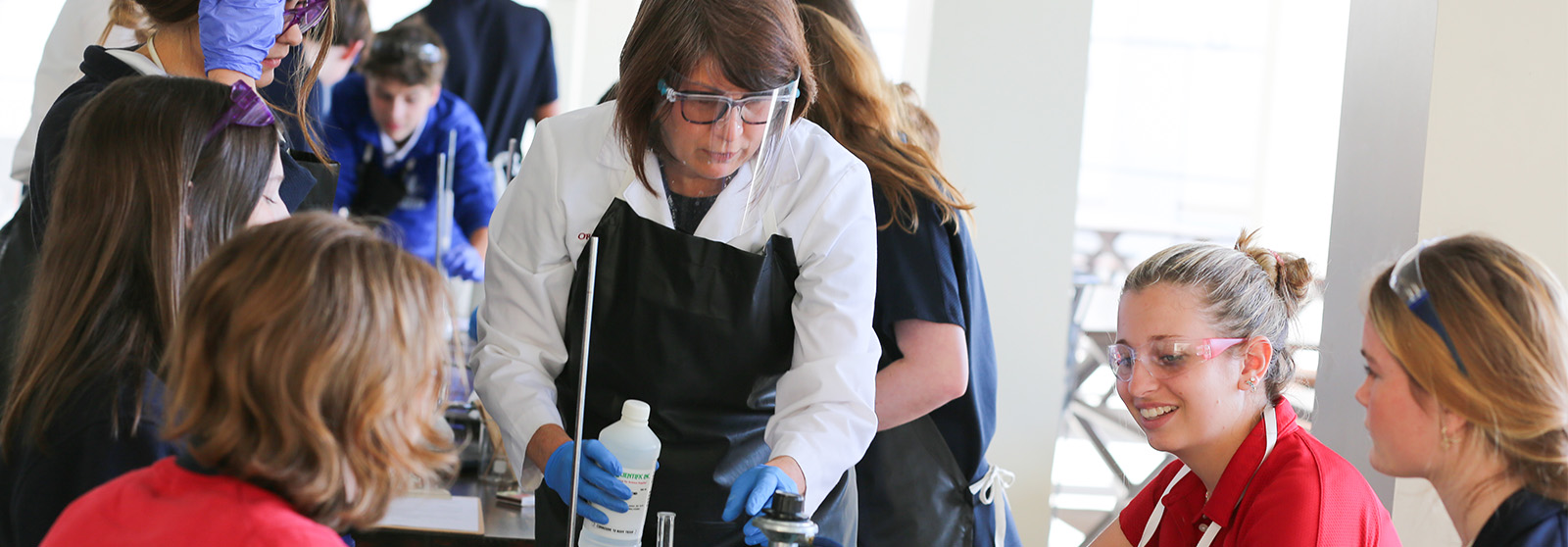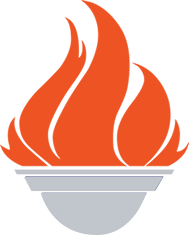Philosophy of Education
The sole end of education is simply this: to teach students how to learn for themselves; and whatever instruction fails to do this is effort spent in vain.
~ Dorothy Sayers, The Lost Tools of Learning
Our goal is to inspire a lifelong love of learning and a passion for pursuing truth and wisdom.
A Geneva School Christian classical education has one primary goal: to teach the whole person so that students can learn to think for themselves and live God-honoring lives of purpose and meaning.
Geneva students understand that learning is much more than reading textbooks, taking notes, and answering questions on a test. It’s about engaging God’s world with wonder, imagination, and creativity. Subjects such as language arts, literature, math, science, history, philosophy, art, music, and drama are integrated historically, thematically, and developmentally, while always flowing from or leading to the truths of Scripture.
Math is more than sums and subtractions; it shows up in the notes and measures of music. History is not simply a list of dates; it is how God works in and through people and places. Latin is more than a language; it is elemental to understanding the structure of language and unlocks greater depth in science, math, and literature. Christian classical education is built on the combination of two key components: teaching from a Christian worldview paired with the application of classical educational tools that have stood the test of time and have proven to produce some of the greatest thinkers, scientists, artists, inventors, statesmen, and leaders. This combination creates an environment where students are able to inquire, understand, grow, accomplish, apply, and excel.
The development of Christian character, wisdom, and confidence is woven into the fabric of student and academic life. The teachers, staff, and coaches lead by example. They provide a safe environment for the students—a safe place to ask and wrestle with hard questions, a safe space to play and learn how to live in community with friends, and a safe place to make mistakes and learn valuable lessons from them.
The Trivium
Geneva’s Christian Classical Education Model
| GRAMMAR (GRADES K4–6) | DIALECTIC (GRADES 7–8) | RHETORIC (GRADES 9–12) |
|---|---|---|
| During a student's years in the grammar school, teachers make use of his/her innate curiosity, inquisitiveness, and ability to absorb the basic material of a subject. It is the acquisition stage of learning where questions of who, what, and when are explored. In this first stage, students master such fundamentals as arithmetic tables, scientific formulas, biblical narratives, Latin paradigms, and cultural histories from Mesopotamia to our own time. | The curriculum in the dialectic school is designed around a student’s natural inclination to question and analyze. In this investigative stage of learning, students acquire the tools of logic and critical thought to build the framework to ask meaningful questions and pursue deeper truths. | In the rhetoric school, students learn how to communicate the grammar and dialectic disciplines in an effective, persuasive, and winsome manner. In short, their confidence in how to think for themselves, as well as how to live a life pleasing to God, is built up by developing a capacity to present their views through speech, through writing, and, indeed, through their very lives. |


